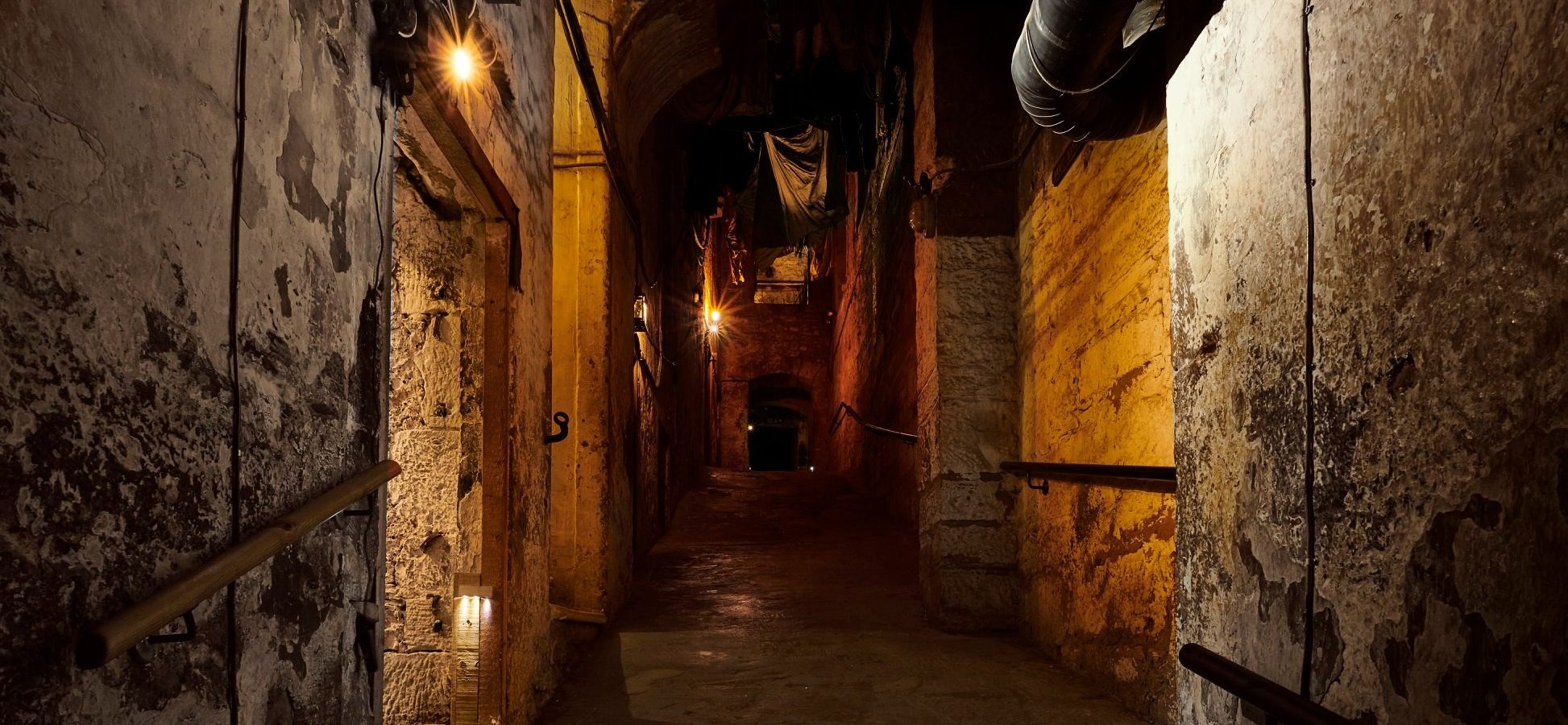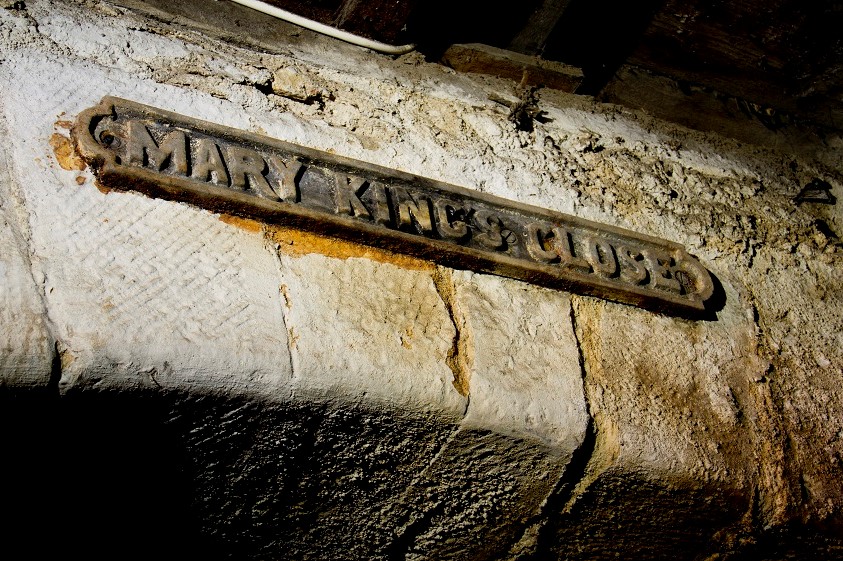What inspired Edinburgh’s street names?

The Real Mary King’s Close is not the only street in Edinburgh with an interesting story behind its name. In a city with such a rich history, it’s not surprising that the street names reflect its past. Have you wondered what inspired Edinburgh’s street names while strolling through the city? Read on to find your answers!
The Georgian New Town
The New Town was built during the Georgian period. Those who could afford it moved from the deteriorating Old Town’s overcrowding and poor sanitation to the new area purpose-built to provide better living conditions.
The New Town’s street names reflect the political change transforming Scotland at the time of construction. Developed in the mid-to-late-18th century during the reign of George III, street names like George Street and Hanover Street reflected the political situation. Princes Street, now a busy shopping area, named in dedication to the King’s sons. Charlotte’s Square, originally named George’s Square after the patron saint of England, changed it’s name that of the King’s wife. St Andrew’s Square’s named after the patron saint of Scotland. Rose Street and Thistle Street take their names from the royal emblems for England and Scotland, inspired by the union of the crowns.
Discover more of Edinburgh on our Instagram
What inspired Edinburgh’s street names in the Old Town?
Arguably Edinburgh’s most famous street, the Royal Mile travels through the heart of the Old Town. The street’s actually a busy thoroughfare made up of multiple streets. It connects Edinburgh Castle to the Palace of Holyroodhouse and is one Scots mile, explaining the name.
The Closes of the Old Town’s names showed what businesses you would find on the street. For example, Advocate’s Close housed the officers of lawyers and you would visit Fleshmarket Close if you needed to buy meat.
Other streets named after businesses include Cowgate, which was first recorded by this name in 1428. The name literally means “Cow Road” because in medieval times people herded cattle down the street to Grassmarket.
Influential people also inspired the names of the Closes. Lady Stair’s Close was named after the Close’s wealthiest occupant.
The main streets of the Old Town also had names inspired by famous people, not just the closes. Victoria Street,built more recently then the surrounding medieval streets in 1829 and 1834 to improve access around the city. The picturesque streets named after Queen Victoria.
Read about the dark events from the Old Town’s history in our blog about the Burke and Hare murders.

Why Mary King’s Close?
Mary King moved to the Close in 1635. It was called Alexander King’s Close at the time, after a successful lawyer. She purchased not one, but two properties. The street was used as a market at the time, which is likely what appealed to Mary. She had a stall on the Close where she would sell clothes and cloth to support her family (and a few luxuries for herself). Unfortunately, she never lived to see herself recognised. She died in 1644 and Mary King’s Close was not recognised in a council meeting until half a century later.
Step down into Edinburgh’s hidden history with a visit to The Real Mary King’s Close. Explore the labyrinth of well-preserved 17th-century alleys and houses on a tour with one of our costumed guides. Book now: https://bookings.realmarykingsclose.com/book.









